Since about May 10, tourism of drunkenness has taken over Playa de Palma. This was denounced by Juan Miguel Ferrer and Pedro Marín, CEO and manager of Palma Beach respectively, during an informative lunch in which they also took stock of the start of the 2022 tourist season.
“Just about 35 days ago Palma Beach has become what it used to be by cult of the party in the street. We need support from the authorities because neither the businessmen nor the neighbors can stop it,” lamented Ferrer.
Although he has recognized that the Police is making an overexertion, “the situation on the public road is now worse than in 2017, 2018 and 2019; and we already give for lost the season in terms of control of incivism,” said the CEO of Palma Beach.
The representatives of Palma Beach, the business quality seal of Playa de Palma, have highlighted that the months of April and May were extremely positive, with excellent occupancy and a type of visitor with greater purchasing power and willing to enjoy the destination and its gastronomic offer, its natural attractions, the proximity of Palma, etc.
However, “from May 10 onwards we are suffering the arrival of large groups of tourists who are only looking to get drunk on the public thoroughfare, on the seafront or even on the beach,” says Juan Miguel Ferrer.
“These tourists book a week or 10 days in advance and usually stay three or four nights on average,” laments Ferrer, who denounces that they spend around 30 or 40 euros a day, “usually on alcohol and cans of beer that they consume doing botellón in the street.” “They arrive at the hotels around 10 a.m. and by 2 p.m. they can’t even walk, they are completely drunk and even their companions leave them alone, lying on the sidewalk,” explains Ferrer.
Dress code mandatory
To mitigate this unfortunate reality, eleven restaurants in the first line of Playa de Palma associated with Palma Beach have decided to establish a dress code to allow access to their establishments. From Palma Beach they remember that there was already one in the hotels, but not in the restoration.
“During the day it is a little more lax, but at night it is absolutely inflexible. It is not allowed to be shirtless, or with costumes, or with soccer jerseys. Nor is it tolerated to wear products purchased from street vendors, such as jewelry chains or T-shirts from other businesses that promote drunken tourism. All this out of respect for the other customers, we have banned them,” Ferrer states emphatically.
“The temple of the party is the street; hours of tourists are still partying at four in the morning, sometimes with megaphones that inexplicably continue to be sold freely,” denounce from Palma Beach.
To solve this uncontrolled situation, they propose that the complaints filed by the police against uncivic tourists be charged on the spot, as happens in other countries.
Tourism of excesses
Palma Beach denounces that the regulations approved in 2020 “are not working; alcohol dispensers in hotels are controlled, but the problem is on the public roads.”
Ferrer and Marín regret that the trend detected in April and early May has been lost in favor of binge tourism.
The manager of Palma Beach, Pedro Marín, has warned that the prospects for hotel occupancy in Playa de Palma for July and August is around 50%. “We have put an end to ‘all inclusive’ in our associated establishments and with the overbooking, we have invested in quality, but the permissiveness in the public thoroughfare especially with alcohol consumption, street vending and retail, make our efforts fall on deaf ears,” regrets Marín.
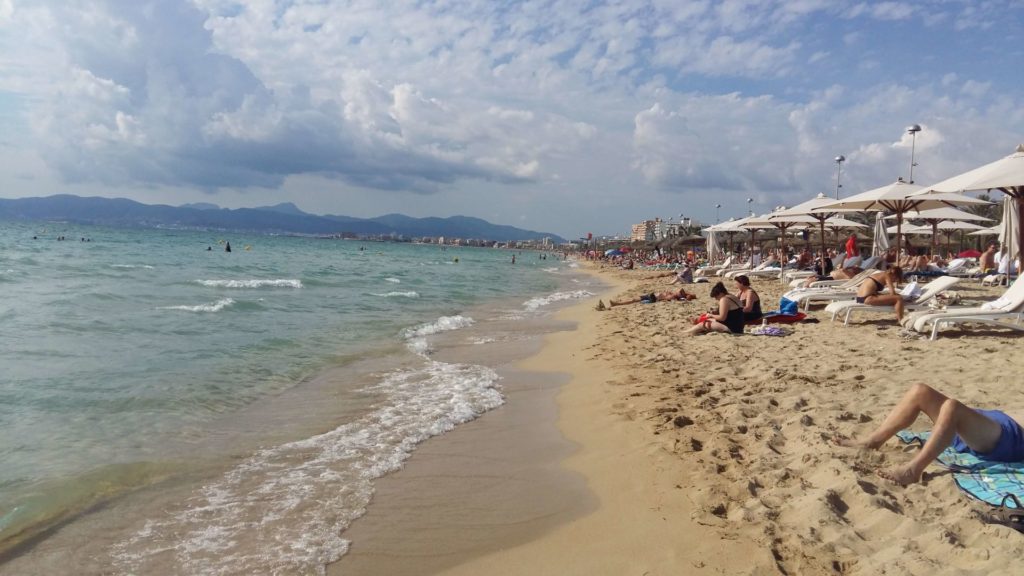

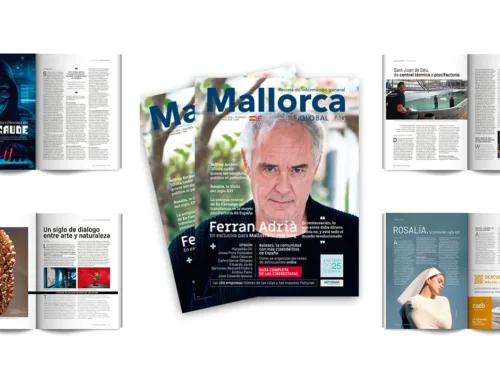
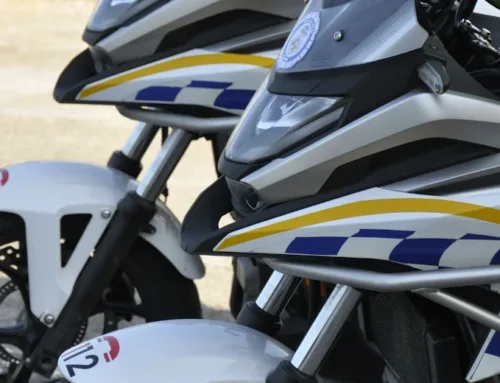
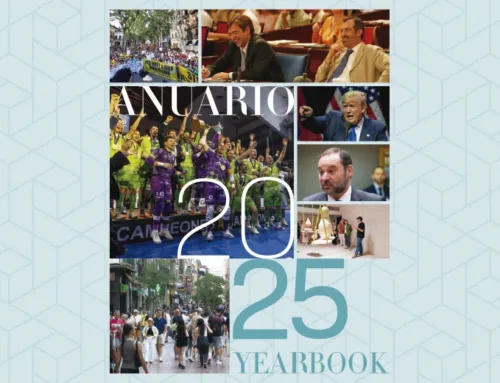
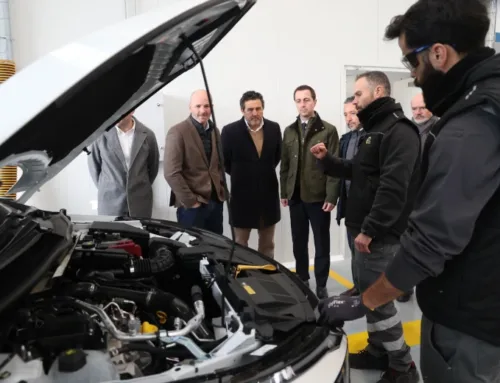


Leave A Comment